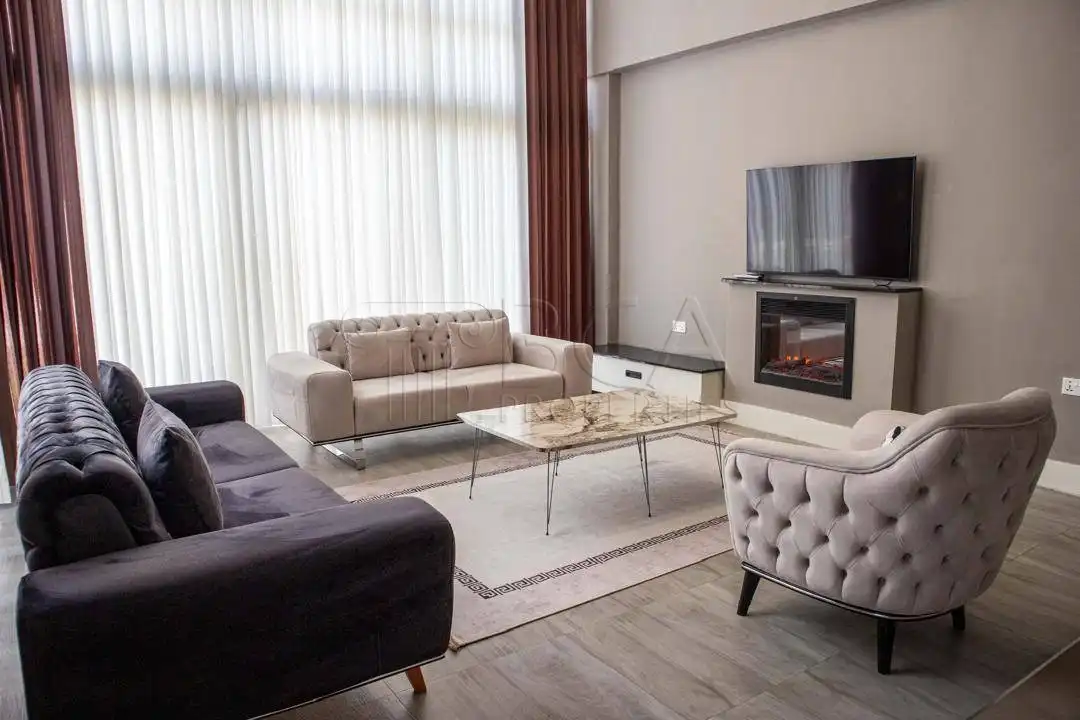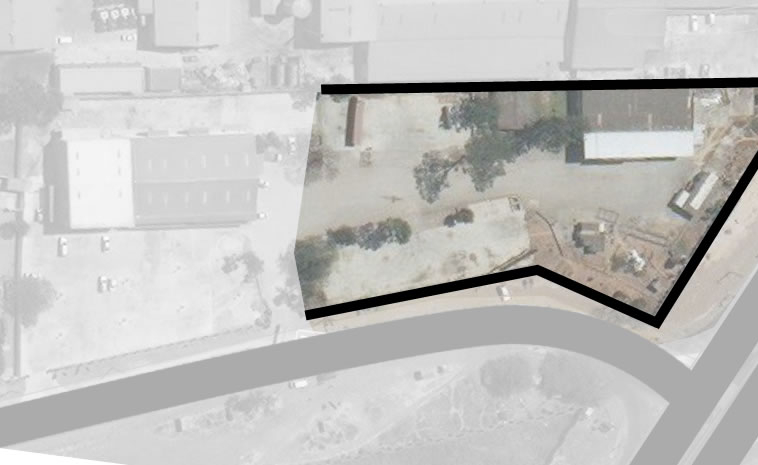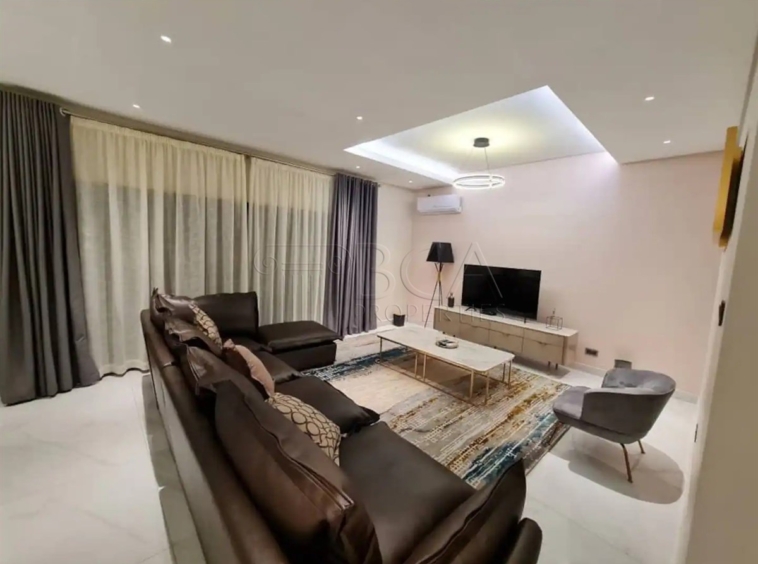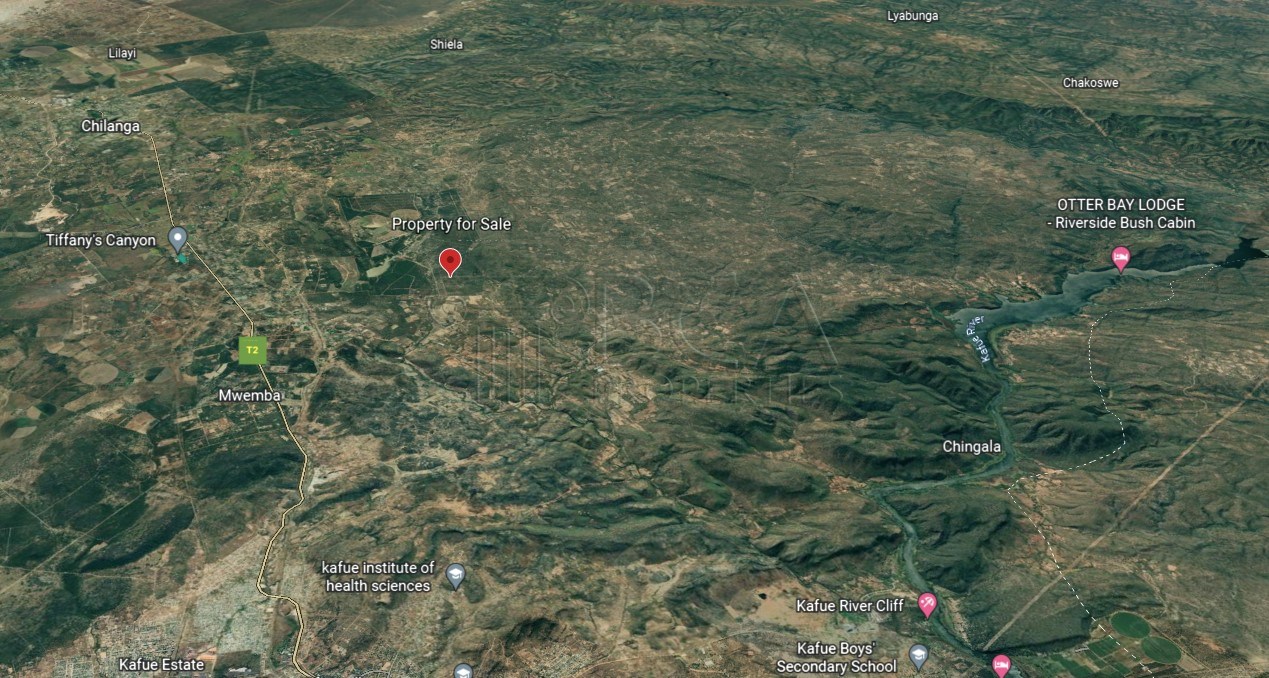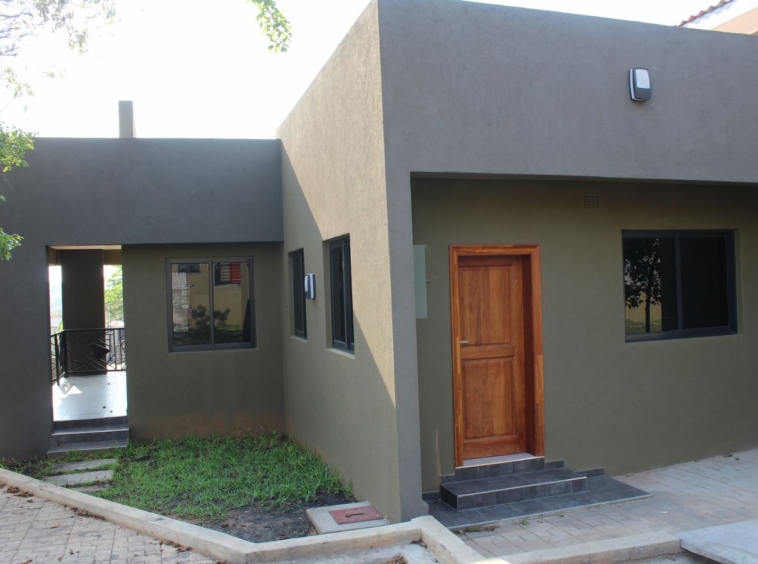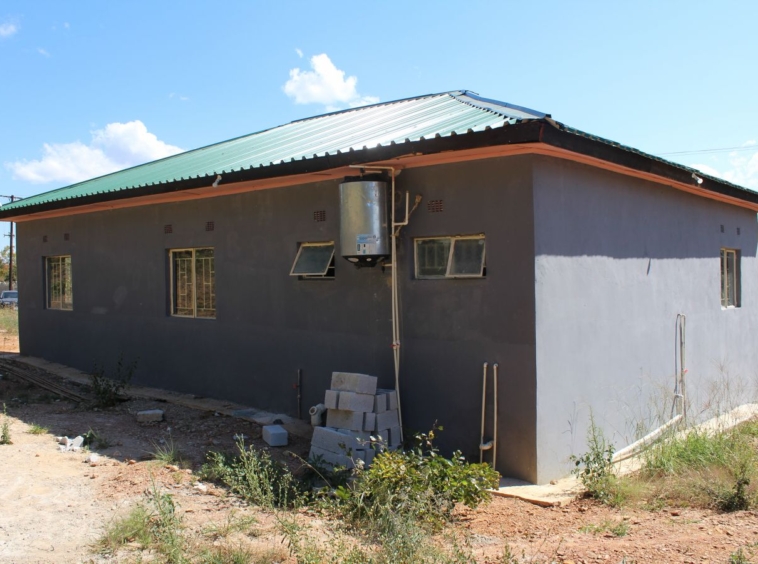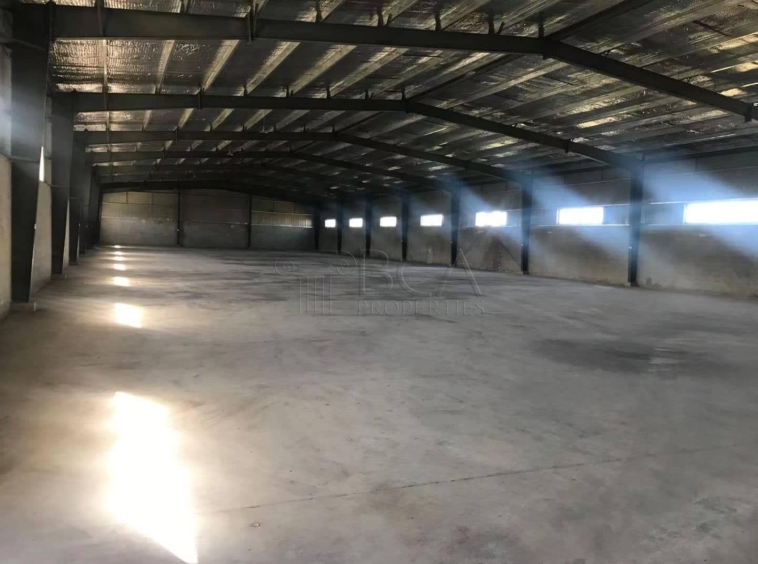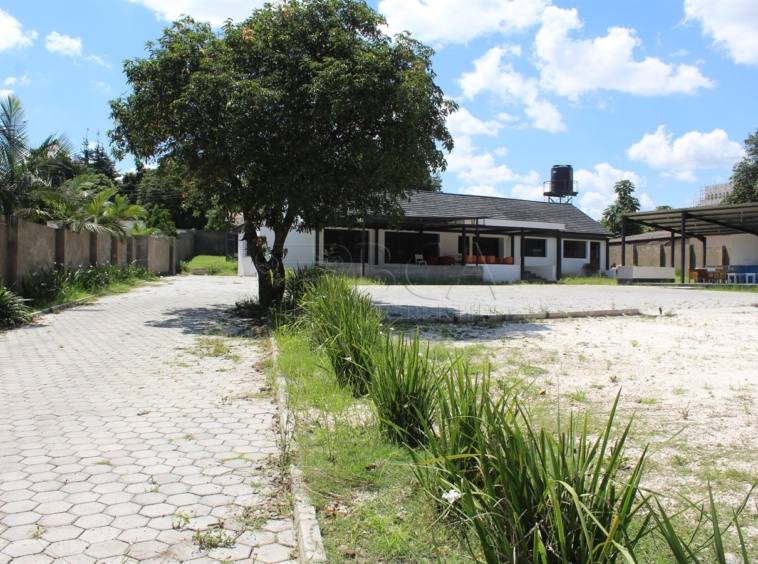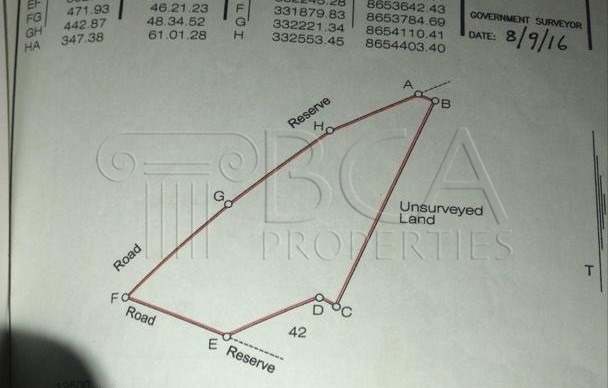Discover Our Featured Listings
Luxury Apartments for Rent in Longacres, Lusaka
Longacres, Lusaka, Lusaka District, Lusaka Province, Zambia- Apartment, Flat, Furnished, Residential Property
Commercial Property for Sale in Makeni
Makeni, Lusaka, Lusaka District, Lusaka Province, 10101, Zambia- 2 acres
- Commercial Property, Land
Executive Serviced Apartments in Diplomatic Quarters
Chikwa Road, Cathedral Hill, Lusaka, Lusaka District, Lusaka Province, Zambia- Beds: 3
- Baths: 3.5
- Apartment, Flat, Furnished, Residential Property
Lovely 3 Bedroom Houses In Roma Park
Roma, Lusaka, Lusaka District, Lusaka Province, 10101, Zambia- Beds: 3
- Baths: 3
- 200 Sqmt
- 1147 Sqmt
- Single Family Home, Residential Property
15-Acre Land for Sale in Shimabala Area
Kafue Road, Chilanga District, Lusaka Province, Zambia- Beds: 2
- Bath: 1
- 15 acres
- Land
Warehousing to Rent in Prime Locations
Lusaka, Lusaka District, Lusaka Province, 10101, Zambia- 2000 sq mt
- Warehouse, Industrial Property
Ideally Located Property to Let
Manda Hill, Great East Road, Rhodes Park, Lusaka, Lusaka District, Lusaka Province, Zambia- 3000 sqmt
- Commercial Property
Prime 40-Hectare Commercial Land for Sale in Kalumbila
Kalumbila, Solwezi District, North-Western Province, Zambia- 40 ha
- Commercial Property, Land

